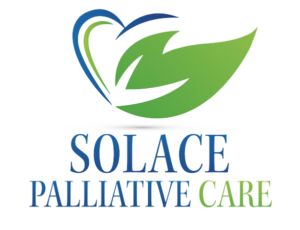
Family caregivers typically spend four to five years caring for an aging relative. While gratifying, it can also be overwhelming. Pacing yourself for the long haul is part of the solution.
This issue of our newsletter outlines the top support strategies recommended by millions of family caregivers who have come before you. Take advantage of their insights.
Seek information, training, and support
- Medical information and skills. Get a thorough and accurate diagnosis. Learn from the medical team about treatments. Ask what you can do at home. And explore online at credible websites. Nonprofits specializing in the disease are a good bet. For instance, the COPD Foundation or the Alzheimer’s Association. The National Institutes of Health are a respected source. Also, the Mayo Clinic, Cleveland Clinic, and WebMD.
- Guidance from a professional in the field of aging. Go to Eldercare.acl.gov for free information and referral to services anywhere in the United States. For more-robust help, hire a certified care manager or advocate. Look for someone who understands the biopsychosocial aspects of aging. A person who also has a deep knowledge of local and national resources, as well as the best providers.
- Practical tips and support from other caregivers. Look to the professionals for medical advice. But join a caregiver support group for emotional support. You’ll also get invaluable tips on coping with daily challenges. Caregiving is very isolating. It helps to know you are not alone.
Find help for physical tasks
- Family and friends. They are the first to help, but they are not always available. Call a family meeting to strategize together.
- Community programs. These deliver specific services for free or a nominal fee. For example, Meals on Wheels delivers free or low-cost meals once a day to homebound persons. Or there may be help with transportation. Look for a volunteer driver program offered by a faith organization or senior center. There are usually eligibility requirements.
- Hired care. Paid help is the most reliable source of assistance. Especially for the time-consuming, hands-on tasks. But Medicare does not pay for this type of care. Home help is generally an out-of-pocket expense.

